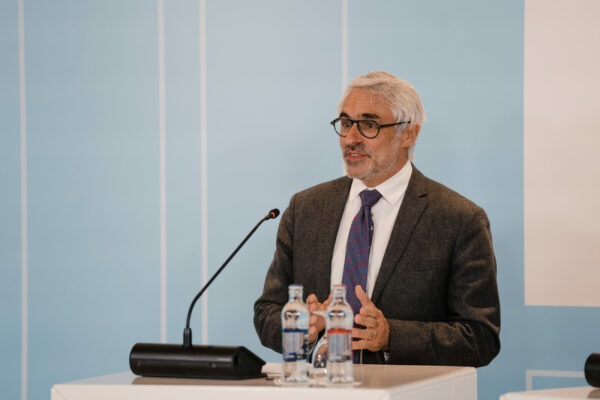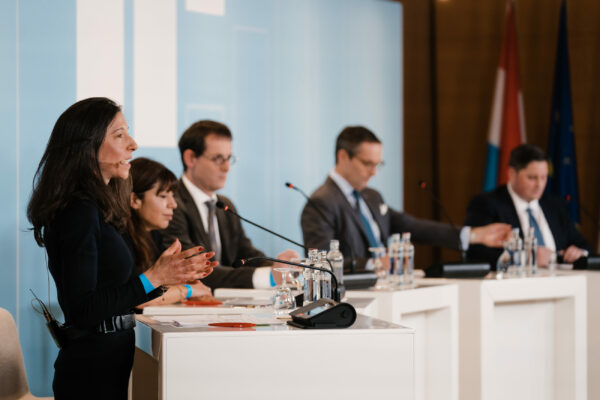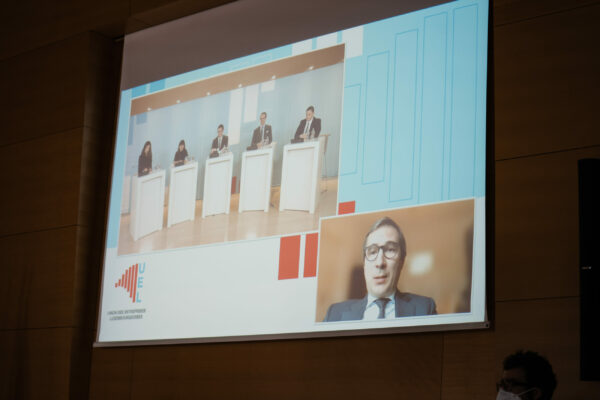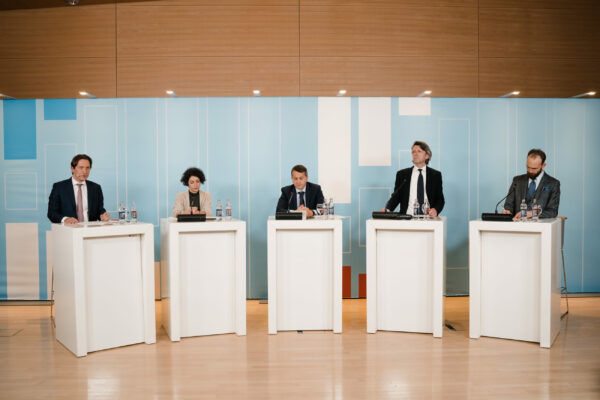Luxembourg’s tax revenues are likely to decrease as a result of the reform of the international taxation landscape, this is the reason why UEL called for an appropriate fiscal policy to ensure sustainable and qualitative economic growth in order to maintain the current level of public spending. The conference “The new international tax landscape and its impact in Luxembourg”, organized on 11 January 2022 by UEL, in collaboration with the Chamber of Commerce, was a unique opportunity to highlight the key points of this reform for companies. These key takeaways are summarized below. Access to the program and the replay of the conference can also be found on the right side of the page.
The latest tax proposals issued by the OECD and the EU, which were presented by their respective representatives Pascal Saint-Amans and Benjamin Angel and discussed during the conference, are mainly aimed at enabling higher taxation of multinational companies, notably by adapting the tax framework to the challenges of the digitalisation of the economy.
These new tax rules will lead to additional layer of complexity and tax reporting obligations for companies, which will inevitably increase the cost of compliance but also the risk of relocation. In the long run, this could have a negative impact on the economic growth, investments, and competitiveness of Luxembourg.
During her speech, the Finance Minister Yuriko Backes emphasized that: “Luxembourg has always and will continue to argue for a level playing field at the global level of taxation. As Minister of Finance, I will continue to resolutely defend Luxembourg’s national interests and ensure that the country remains competitive and attractive. Competition, whether between countries or between companies, is healthy and beneficial if it respects common standards, if it is fair and if it promotes sustainable growth.”
To respond these different challenges, Luxembourg must remain agile and establish an appropriate tax policy to ensure sustainable and qualitative economic growth in Luxembourg, which would enable the current level of public spending to be maintained. This fiscal policy should be based on the following two key areas:
- Conditioning the implementation of international tax measures to the respect of an “international level playing field” that guarantees the effective application of these rules by non-European countries, and in particular by the powerful larger economies;
- Introducing tax measures to maintain the attractiveness of Luxembourg for companies and talents alike.











